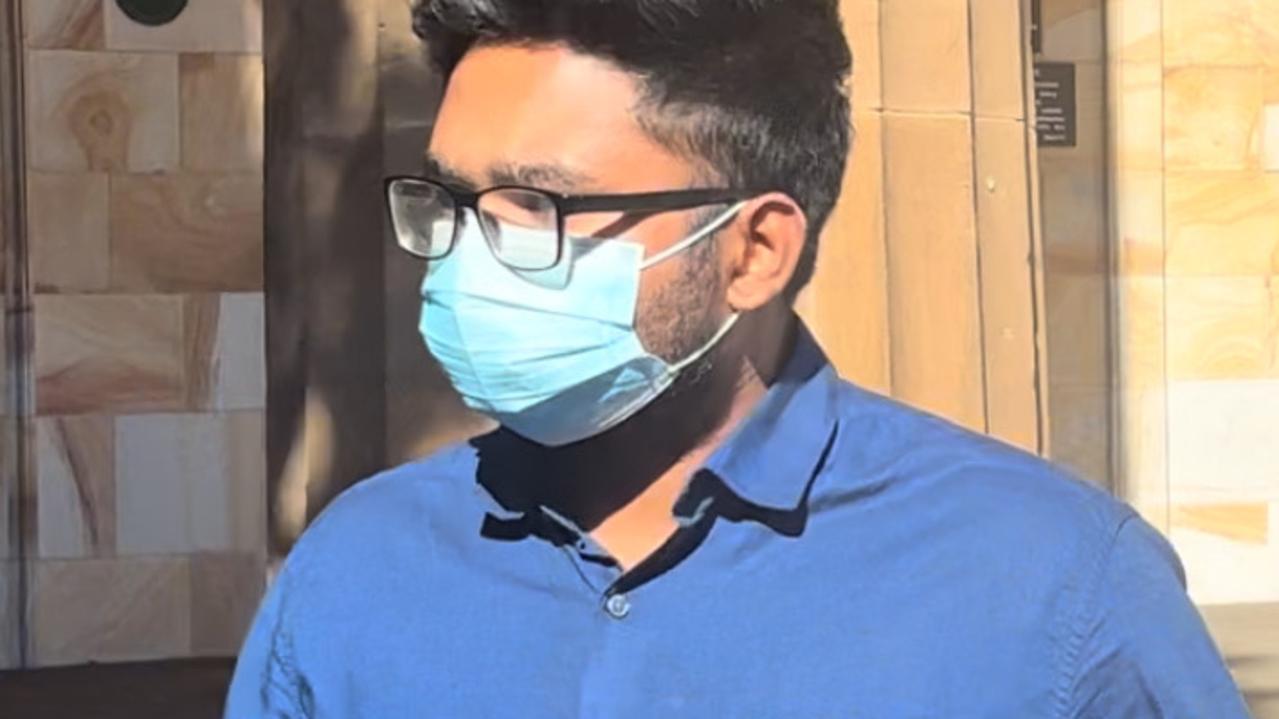Convicted killers, rapists, bank robbers launch court action
Killers, rapists and serial bank robbers are costing hundreds of thousands of dollars challenging decisions to keep them in prison.

Police & Courts
Don't miss out on the headlines from Police & Courts. Followed categories will be added to My News.
Violent criminals – including convicted killers, a serial rapist and a repeat bank robber – are costing taxpayers hundreds of thousands of dollars attempting to overturn Parole Board decisions to keep them locked up.
Seven prisoners have this year launched Supreme Court action challenging Parole Board decisions, prompting top-level talks aimed at tightening eligibility for such moves.
The seven cases are consuming valuable Parole Board resources, which is resulting in delays in parole applications for other prisoners being processed and heard.
The two latest applications for judicial review, one by convicted “black widow’’ killer Patricia Byers and the other by violent serial bank robber and escapee Anthony John Smith, have sparked concern within the Parole Board and Correctional Services.
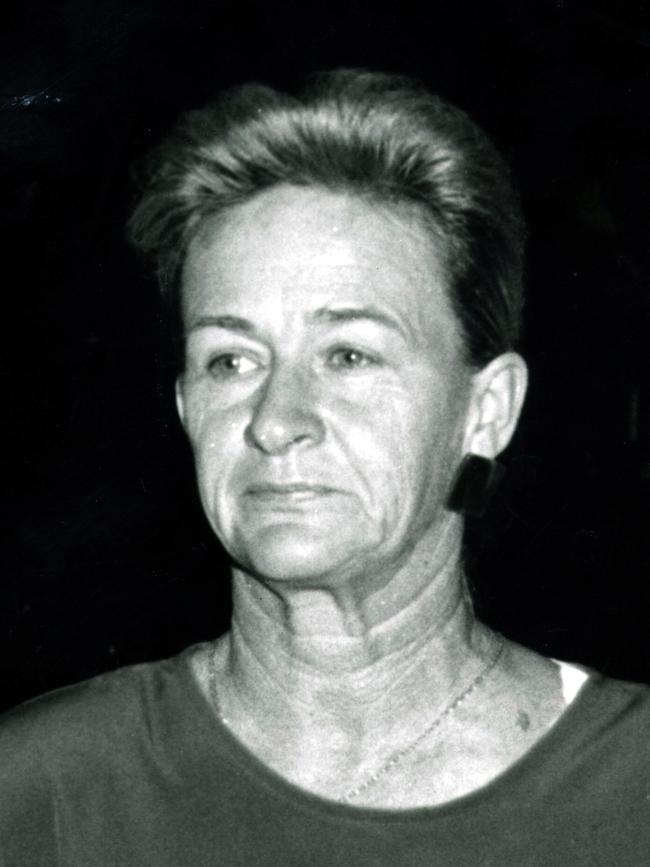
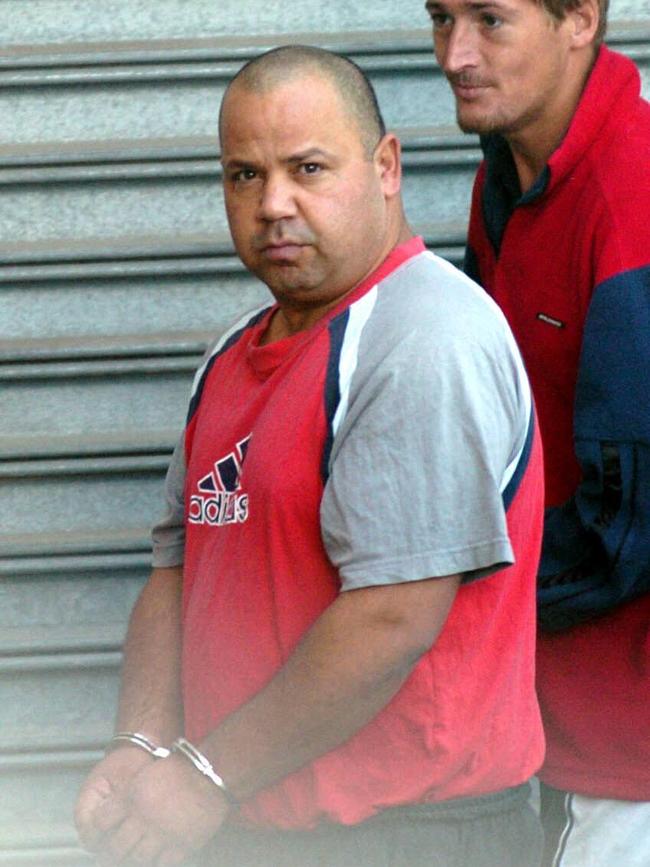
Both prisoners lodged Supreme Court applications for a judicial review last month, challenging Parole Board decisions to refuse their latest applications for release on parole.
Each judicial review costs about $50,000, comprising Legal Aid payments to the prisoner’s lawyers, Crown Law solicitors fees and Supreme Court sitting time.
Such reviews have been a legal rarity until this year.
So far just one of the reviews has been finalised, with Supreme Court Justice Sam Doyle a fortnight ago dismissing serial rapist Andrew Timothy Agius’ application.
Justice Doyle found the material considered by the Parole Board “provided an evident and intelligible basis and justification’’ for refusing his release on parole.
In some of the applications the review grounds are futile and have no hope of succeeding, yet the board has to compile a lengthy response.
Correctional Services chief executive officer David Brown said he was concerned at the sudden number of judicial reviews being sought challenging both Parole Board decisions and those made by Corrections’ Serious Offenders Committee concerning prisoner management.
“I am concerned, especially at the impact it is having on the operations of the Parole Board,’’ he said.
Mr Brown said the financial cost of each judicial review to the Correctional Services budget was considerable, but it extended beyond that to the time of the Parole Board in responding to the Supreme Court process.
“There are only so many hours in the day and when they are briefing solicitors and preparing responses to judicial reviews, they are not able to carry out their functions as Parole Board members hearing parole applications,’’ he said.
“That causes people who might be legitimate candidates for parole to be delayed in that process. The knock-on effect is quite significant.’’
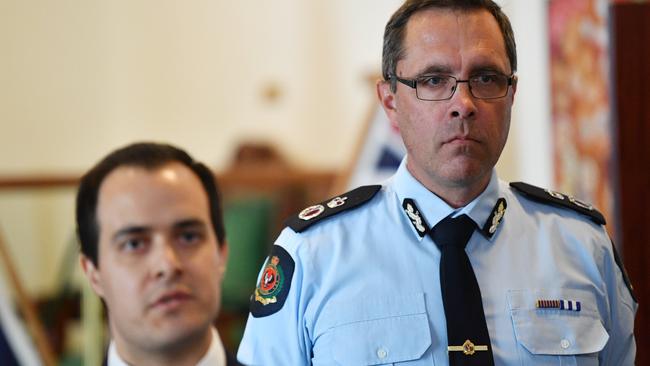
Mr Brown said “it may be questionable’’ if the prisoners would take such action if they had to fund it themselves.
He said it was an issue “I expect I will have further discussions with the Minister on”.
“At the end of the day, the Parole Board is the paramount decision maker when it comes to considering someone’s suitability for parole.
“When prisoners are unhappy, and lots of prisoners are unhappy with decisions the Parole Board makes, I would be concerned if we see judicial reviews used as a mechanism to try and have a merit review of the decision.
“There is no merit-based review of the mechanism available, that’s why we have such an esteemed group of community members working as a multidisciplinary board to assess applications for parole.’’
Parole Board chairwoman Frances Nelson QC said she accepted the board’s processes should be the subject of review.
“Of course all the court does is review the process by which we have reached the decision, it does not substitute its own view of the decision,’’ she said.
“It is just unfortunate that because those reviews absorb so much of our resources, it is disadvantaging other prisoners who are waiting for their cases to be dealt with.
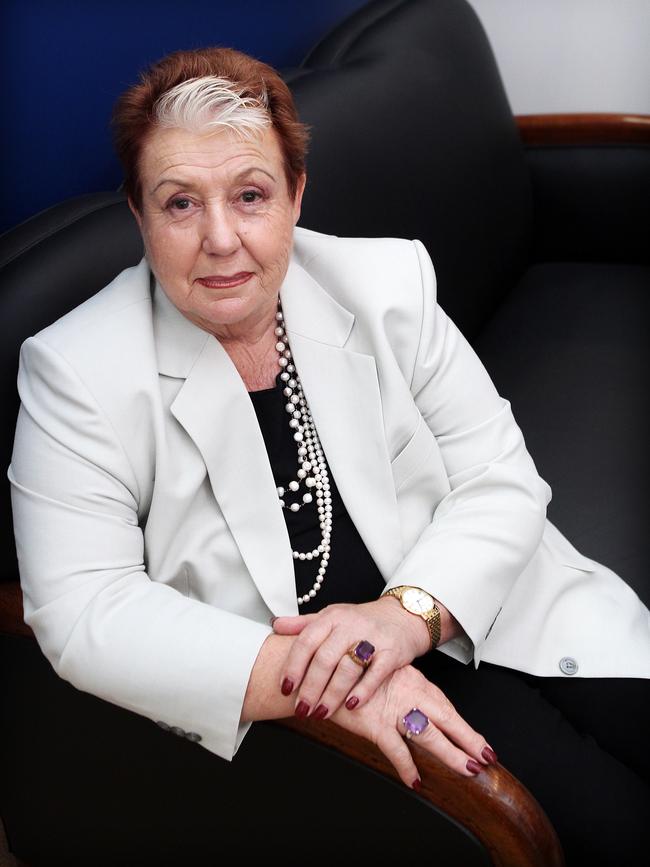
“The COVID-19 restrictions have significantly impacted on the operations of the board and we do have a backlog, that is my concern.
“It is actually causing difficulties for other people who are entitled to have their cases dealt with.
“We don’t within the Parole Board have the resources to keep coping with this because we are only a part-time board.’’
Ms Nelson said SA had the only parole board in Australia that interviewed prisoners as part of their parole process, giving them an opportunity to “put their side of the story, if you like’’.
“So I find it strange we are accused of not granting procedural fairness when other parole boards don’t do that, they just decide on the papers,’’ she said.
“We have had very few judicial reviews in the 37 years I have been on the board, very few, and our processes have not changed.’’



